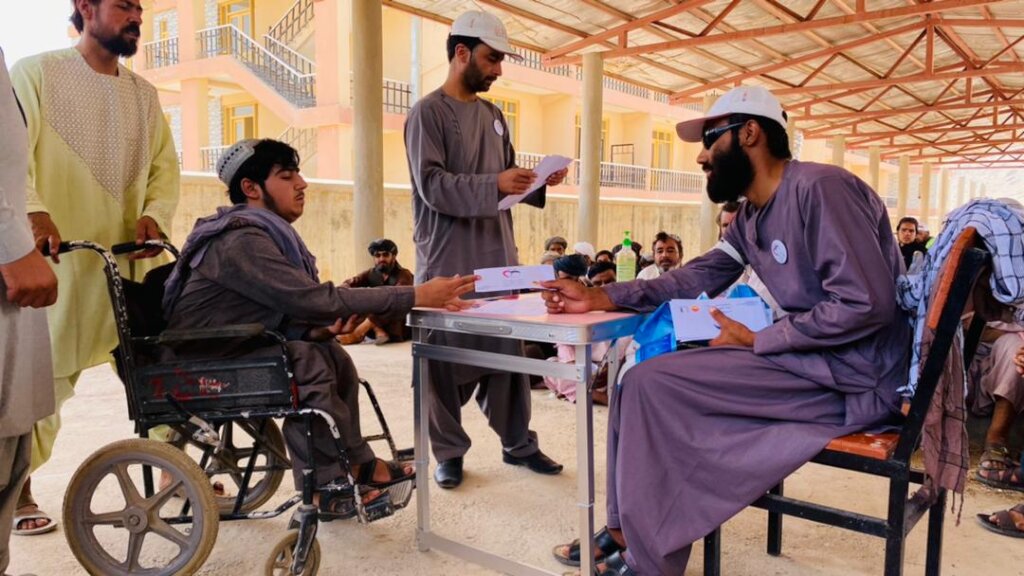KABUL, Afghanistan – On the International Day of Persons with Disabilities, the European Union (EU) highlighted the struggles of people with disabilities in Afghanistan. In a statement, the EU emphasized the serious challenges these individuals face, especially in accessing healthcare and rehabilitation.
The EU’s message, shared on X, reaffirmed its dedication to assisting those with disabilities. It called on the global community to take steps toward building a more inclusive society for everyone.
The International Committee of the Red Cross (ICRC) also raised concerns about children with cerebral palsy in Afghanistan. According to the ICRC, the condition is more common in Afghanistan compared to global averages. A lack of healthcare services and diagnostic tools, particularly in rural areas, makes the situation worse.
Global estimates show that cerebral palsy affects 2–3 out of every 1,000 children. However, in Afghanistan, the challenges are amplified due to limited medical resources. The ICRC revealed that 64,121 patients with cerebral palsy are currently receiving treatment in the country.
The ICRC operates the largest physical rehabilitation program in Afghanistan, assisting over 200,000 patients each year through seven centers. The organization provides services like prosthetics, orthotics, physiotherapy, and vocational training. “We remain committed to supporting these patients and improving their lives,” the ICRC stated.
From January to September 2024, the ICRC provided essential care to 11,043 cerebral palsy patients, including 4,461 girls. These services are crucial amid Afghanistan’s ongoing economic and humanitarian crises.
Both the EU and the ICRC stressed the importance of international cooperation. They urged the world to focus on improving healthcare and rehabilitation for people with disabilities in Afghanistan. Despite the hardships, they praised the determination of local communities to improve conditions for children with disabilities.
Efforts must continue to ensure no one is left behind, especially those who need disability support the most.


